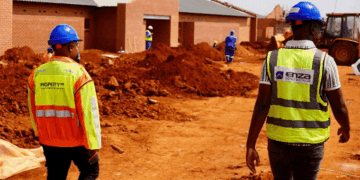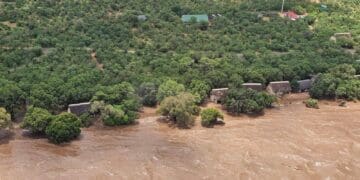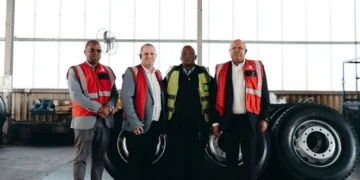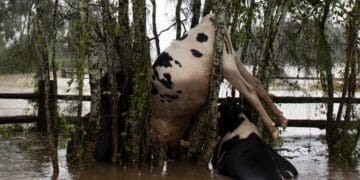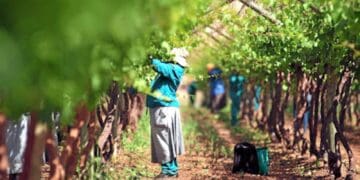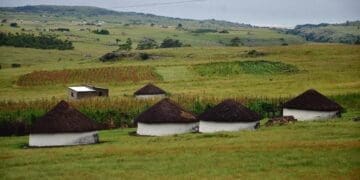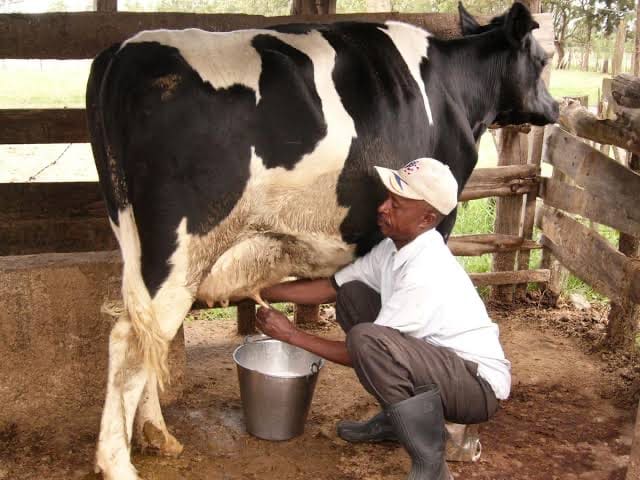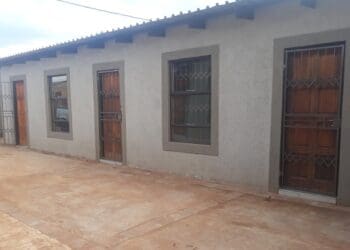When Thabo Dlamini sold fresh raw milk from his small herd at the local market in rural KZN, it was not just a side hustle, it was the backbone of his livelihood.
That came to a halt last month, when stricter regulations governing raw milk sales came into effect under the new foodstuffs and dairy regulations.
Raw milk, defined as milk not pasteurised or treated, is now only permitted to be legally sold in municipal areas that are officially designated and have full inspection systems in place.
Some consumers prize raw milk’s natural taste and perceived health benefits, and informal sales remain popular due to lower prices compared to supermarket pasteurised milk.
However, the new rules are designed to protect public health and require producers to have functioning cold storage facilities, scientific testing, traceable labelling, herd disease certification, and certified milking facilities.
But for many micro dairy farmers across Gauteng, KZN, Limpopo, and Free State, compliance costs far exceed their margins.
“I’m facing a choice, invest in a costly pasteurisation unit, or stop selling the milk people depend on,” said Dlamini, speaking from his farm stall in Estcourt in the KZN midlands.
Nearby consumers, often low-income families who value raw milk’s affordability and taste, are left with fewer options.
South African health authorities regularly cite risks such as E.coli, listeriosis, tuberculosis, brucellosis, and other pathogens.
Hurdles in hygiene, storage, transport, and milking practices have historically made informal raw milk sales a public health concern.
A 2011 policy review found only one municipality properly authorises raw milk sales, while most operate unregulated outside compliance systems, suggesting that local government authorities cannot regulate these vendors.
For entrepreneurs, the regulatory squeeze is now existential.
Pasteurisation equipment can cost R150,000 or more while cold chain solutions require tanks and power, often unavailable.
Quarterly lab testing, disease certification for cows, and compliant packaging add recurring costs. Without this infrastructure, vendors risk closure, fines, or prosecution.
This crisis unfolds as demand for raw milk rises. Despite this uptake, policy efforts show little support to help micro dairy farmers adapt.
“There is no phased rollout, no funding window, no mobile pasteurisation unit,” says Nandi Khumalo of the Smallholder Dairy Network. “What we have instead is exclusion.”
South Africa’s dairy industry is valued at approximately R25 billion, according to Milk SA’s 2023 industry overview.
While the bulk of this comes from large-scale commercial producers, Milk SA and the National Agricultural Marketing Council (NAMC) note that informal sales account for an estimated 1.5% to 2% of national dairy production, putting the raw milk market’s value at around R500 million annually.
Despite this contribution, small-scale producers remain largely unsupported in policy frameworks. Case studies by NAMC and the African Centre for Biodiversity show that micro dairy farmers typically earn between R6,000 and R20,000 per month, depending on herd size, sales channels, and access to local markets.
Advocacy groups suggest that a compromise is required in the form of low-cost pasteurisation loans, mobile processing hubs, instruction in basic food safety, and formalisation pathways for these farmers.
“If farmers could pool resources to operate a shared pasteurisation point, dozens of village level businesses could survive,” Khumalo explains. “That approach could keep micro dairies in business while meeting health standards.”
Micro dairy entrepreneurs warn that a worst-case scenario loom.
If raw milk stops flowing, consumer prices will rise, and fresh-market supply chains will shrink. Rural families will be hardest hit. Additionally, farmers dependent on dairy income, often women or youth, face an economic squeeze.
“This isn’t just about milk, it’s about a network of rural jobs,” says Professor Sipho Ngcobo from the University of Free State. “If raw milk disappears from the market, entire micro eco systems collapse.”
This regulatory tightening highlights a fundamental policy choice, protect consumers at the expense of rural entrepreneurs or invest in bridging the compliance gap. Without support, thousands of small dairy vendors risk being squeezed out by rules they simply cannot afford.
For many, the tighter raw-milk rules are less about food safety, and more about survival and they need a policy that reflects both priorities.
lazola@vutivibusiness.co.za

Vutivi is a digital business news platform that will serve the Small Medium Micro Enterprises in the form of writing stories that will be informative about their sector. We pledge to deliver a commercially sustainable, world-class digital financial and business news service that is a must-read while being responsive to readership needs and tailor-making packages for SMMEs.





